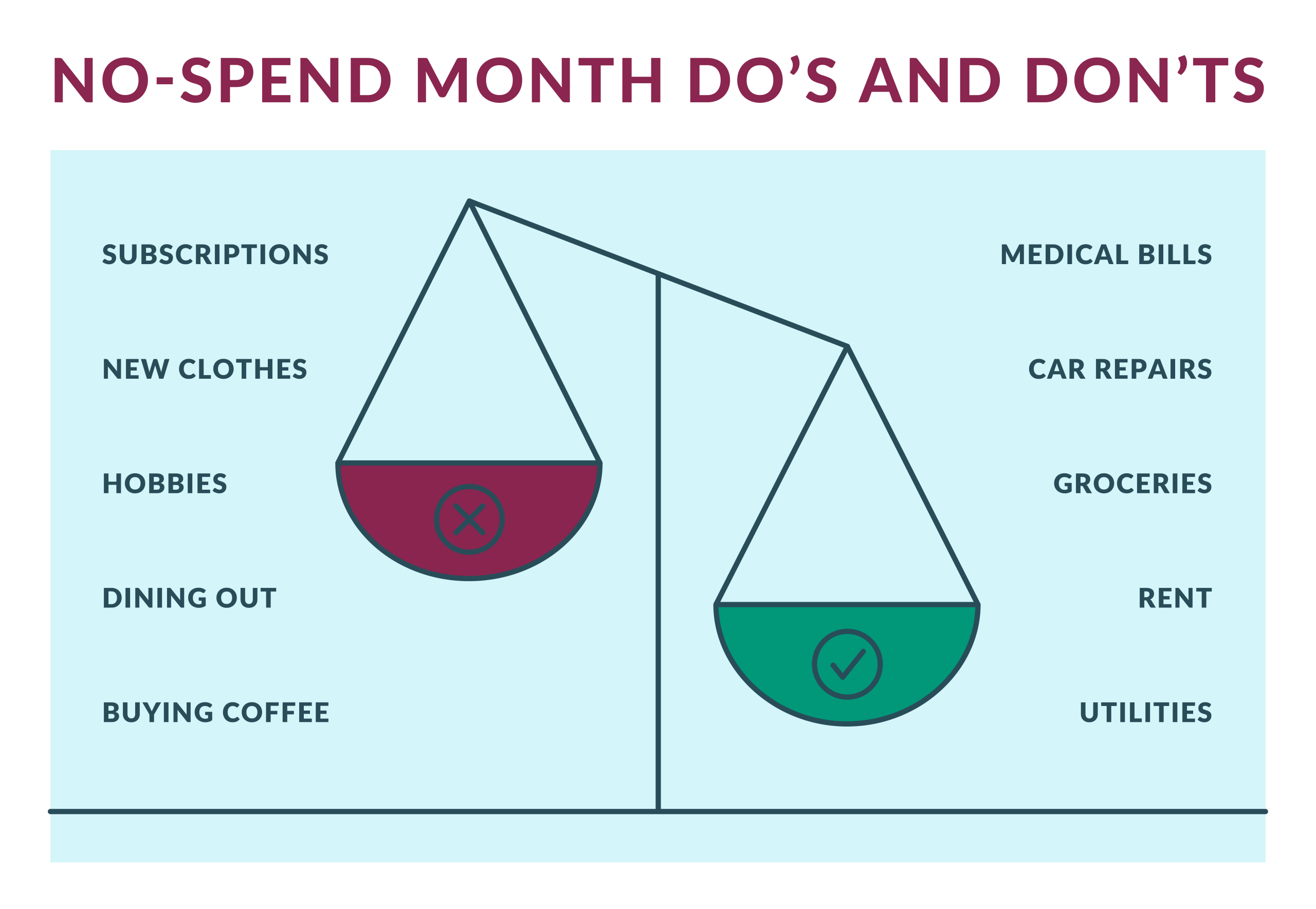Anúncios
In today’s financial world, choosing a credit card can be a crucial decision for your financial well-being.
With a plethora of options available, from cards with generous rewards to those with lower fees, it’s essential to understand what aspects to consider when selecting the ideal credit card for you.
In this guide, we’ll show you the main types of cards and tips to help you know how to choose a credit card. Follow along and find out.
1- Get to Know the Card Options
When starting your search for the ideal credit card, it’s crucial to be aware of the various options available in the market.
Credit card types can vary significantly in terms of features, benefits, and associated costs. Here are some of the main categories of credit cards to consider:
- Basic Cards: These cards offer essential credit features, such as making purchases and paying bills. They usually don’t have many additional benefits but can be a good option for those looking for a simple and straightforward card.
- Rewards Cards: These cards offer rewards programs that allow you to accumulate points, miles, or cashback on your purchases. When choosing a rewards card, it’s important to consider the type of reward offered and how it aligns with your spending habits and redemption preferences.
- Travel Cards: Designed for frequent travelers, these cards often offer benefits such as access to airport VIP lounges, credits for baggage fees, or travel insurance.
- Low-interest or Zero-interest Cards: Ideal for those planning to carry a credit balance from month to month, these cards offer competitive interest rates, sometimes even promotional periods of zero interest.
- Student or Credit Building Cards: Designed for those starting their financial journey or looking to rebuild credit, these cards often have more flexible qualification requirements and may offer educational benefits or credit management programs.
When exploring these card options, it’s crucial to consider your own spending habits, financial needs, and long-term goals.
Each card category offers different advantages and benefits, so choosing the right option will depend on a careful analysis of your own priorities and financial circumstances.
2- Understand What Type of Card You Need
Understanding the type of credit card that best suits your financial needs is essential to know how to choose a credit card.
Evaluate your spending habits to determine how you intend to use the credit card.
If you plan to pay the full balance each month and want to maximize rewards, a card with rewards programs may be a smart choice.
On the other hand, if you plan to carry a credit balance from month to month, it may be more advantageous to choose a card with lower interest rates.
Also, consider your short and long-term financial goals when choosing a credit card.
If you’re saving for a trip or looking to reduce your travel costs, a credit card with travel benefits may be an excellent option.
If your goal is to build or rebuild credit, a card designed for students or credit building may be more suitable.
Also, think about the additional benefits you want from a credit card.
This may include rewards in specific spending categories, such as supermarkets or restaurants, or benefits such as rental car insurance, purchase protection, or fraud protection.
Choose a card that offers the benefits that are most relevant to your lifestyle and needs.
By understanding your own financial needs, goals, and credit history, you’ll be better prepared to choose the type of credit card that offers the most suitable benefits and features for you.
3- Check Your Credit Score
Checking your credit score is a crucial step when choosing a credit card, as it provides valuable information about your financial health and can influence your card options and available interest rates.
Your credit score is a reflection of your overall financial health. It is calculated based on your payment history, credit utilization, credit age, types of accounts, and recent credit inquiries.
By checking your credit score, you get a clear view of how lenders assess your ability to manage credit and debt.
There are several ways to check your credit score, including credit agency websites, which typically offer free credit reports once a year.
Additionally, many banks and financial institutions also offer free access to your credit score through their online services.
By regularly checking your credit score, you can take proactive steps to maintain good financial health and make informed decisions when choosing a credit card.
4- Analyze Your Spending
Analyzing your spending is a fundamental step when choosing a credit card, as it allows you to identify spending patterns and determine which card aligns best with your lifestyle and financial needs.
Start by tracking all of your expenses over a specific period, such as a month.
Keeping a detailed record of your expenses will help identify where your money is going and what your main spending areas are.
Once you have recorded your expenses, categorize them into different areas, such as food, housing, transportation, entertainment, health, etc.
When reviewing your categorized expenses, look for patterns or trends. This may include recurring expenses in certain categories, such as grocery shopping, dining out, gas stations, or clothing stores.
Based on your spending analysis, evaluate your financial needs and preferences.
For example, if you spend a significant amount on grocery shopping, a credit card that offers rewards or discounts on grocery purchases may be a smart choice.
Similarly, if you travel frequently, you may consider a credit card that offers travel benefits, such as reward points, access to airport VIP lounges, or baggage fee credits.
In addition to analyzing your spending, consider your monthly budget and ability to pay the full credit card balance each month.
Choose a card that comfortably fits into your budget and avoids accumulating high-interest credit card debt.
By comprehensively analyzing your spending and considering your financial needs and preferences, you’ll be in a better position to choose a credit card that maximizes benefits and rewards for your lifestyle and spending habits.
5- Consider All Fees
When choosing a credit card, it’s essential to consider all associated fees, as they can have a significant impact on your long-term financial costs.
- Annual Fee: Many credit cards charge an annual fee for card usage. This fee can vary widely, from cards with no annual fee to cards with substantial fees.
- Interest Rates: Interest rates, or APR (Annual Percentage Rate), are charged when you carry a credit balance from month to month.
- Balance Transfer Fees: Sometimes, you may want to transfer balances from other credit cards to a new card with a lower interest rate.
- Late Fees and Penalties: If you fail to pay your credit card bill by the due date, you may be charged a late fee.
- Foreign Transaction Fees: If you plan to use your credit card for purchases or cash advances in foreign currency, check whether the card charges a foreign transaction fee.
6- Know What Benefits Are Available
Understanding the benefits available when choosing a credit card is crucial, as these benefits can vary widely among different cards and can add significant value to your card usage experience.
Many credit cards offer rewards programs that allow you to accumulate points, miles, or cash back on your purchases.
These rewards can be redeemed for a variety of items, including travel, merchandise, gift cards, or statement credits.
Some credit cards offer travel insurance coverage, which may include rental car insurance, trip cancellation insurance, lost or delayed baggage insurance, and travel accident insurance.
If you travel frequently, these travel insurance benefits can provide peace of mind and significant savings.
Certain credit cards also offer free or discounted access to VIP lounges at airports around the world.
This may include access to lounges with complimentary drinks, snacks, free Wi-Fi, comfortable resting areas, and other premium services.
Another important point is that many credit cards automatically extend the warranty of eligible products purchased with the card.
When choosing a credit card, consider the benefits offered and how they align with your needs and lifestyle.
Carefully evaluate the available benefits and how you plan to use the card to ensure you’re choosing an option that offers maximum value and benefits for you.
Now that you know how to choose a credit card, follow these guidelines and stay tuned to the website for more amazing tips.






